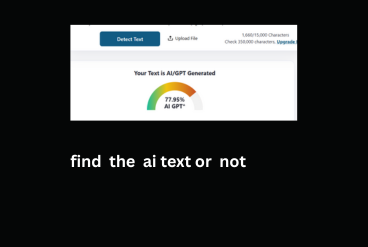Generative Artificial Intelligence (AI), often called GenAI, is a groundbreaking type of AI technology that creates new content such as text, images, videos, audio, and even software code based on patterns it learns from existing data. Unlike traditional AI systems that primarily analyze or classify data, generative AI has the ability to generate original, creative outputs in response to input prompts from users. This remarkable capability makes it a versatile tool across many fields, from creative arts and content production to software development and customer service.
At its core, generative AI relies on advanced machine learning techniques called deep learning, particularly using models known as large language models (LLMs). These models simulate aspects of human brain function by spotting complex patterns and relationships within massive datasets. When given a prompt, these AI models generate new content by predicting what comes next based on their training data. This process allows them to produce human-like conversations, write prose or poetry, design images, compose music, and even generate code snippets.
One of the most well-known examples of generative AI is ChatGPT, famous for its ability to hold meaningful conversations and answer questions on a wide range of topics. Besides text generation, tools like DALL-E and Midjourney can create stunning images from simple text descriptions, showcasing the creativity potential of AI. The technology is continually evolving with newer models that integrate multiple forms of input such as text, images, and voice, offering increasingly sophisticated and context-aware interactions.
Generative AI is having a transformative impact on various industries. Businesses use it to automate content creation, personalize customer experiences, optimize workflows, and accelerate research and development. In education, AI adapts learning materials to individual needs, while in healthcare, it helps in drug discovery and diagnostics by generating synthetic data and novel insights. However, the rapid rise of generative AI also raises ethical and practical challenges, including risks related to misinformation, intellectual property rights, bias, and the environmental footprint from the substantial computational resources required.
Despite these concerns, generative AI is seen as a powerful tool that complements human creativity and productivity rather than replacing it. It is opening new frontiers for innovation and democratizing creative capabilities, enabling individuals and organizations to produce high-quality content swiftly and efficiently. As generative AI continues to mature, it promises to shape the future of technology, work, and creativity in profound ways.
In summary, generative AI is a revolutionary leap in artificial intelligence that creates original content by learning from existing data. Its applications span numerous domains with benefits for efficiency, creativity, and personalization, making it one of the most exciting technological advancements of the 2020s


